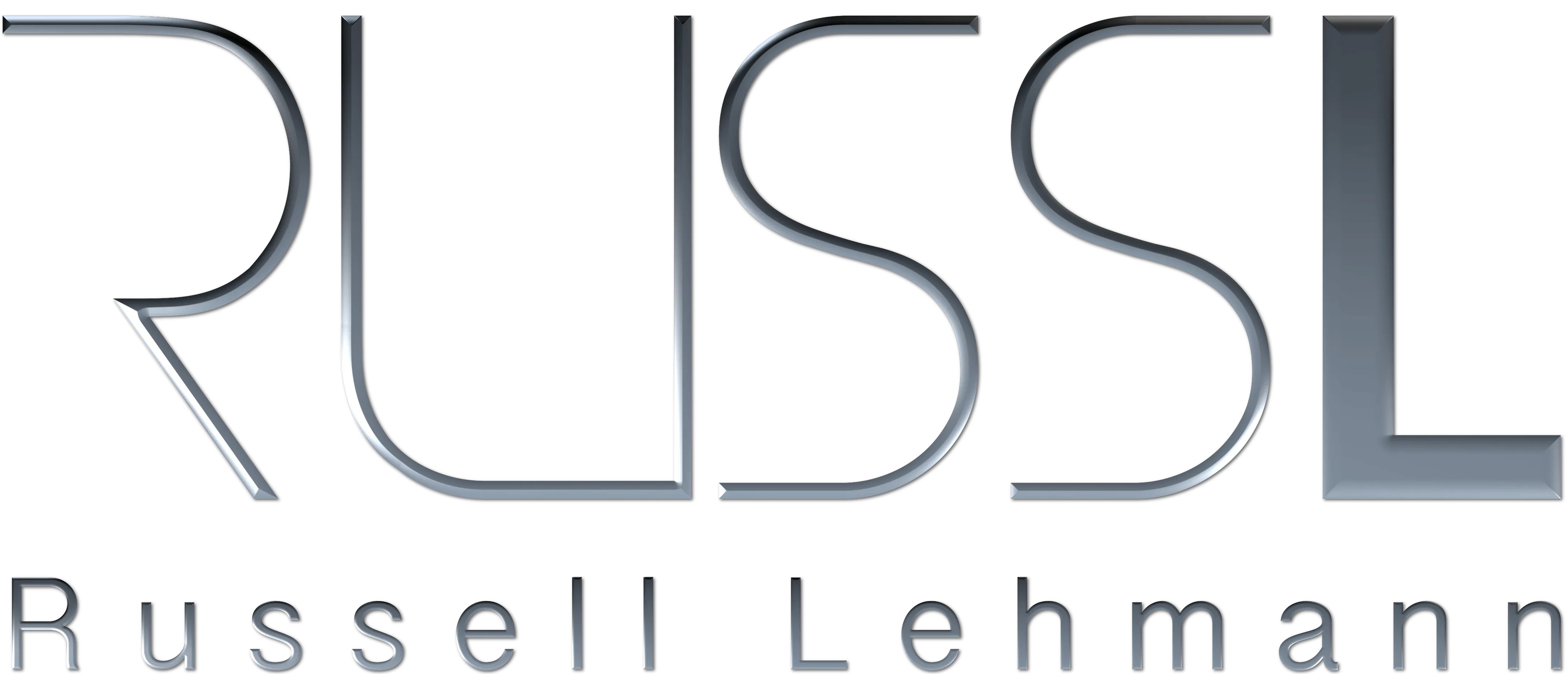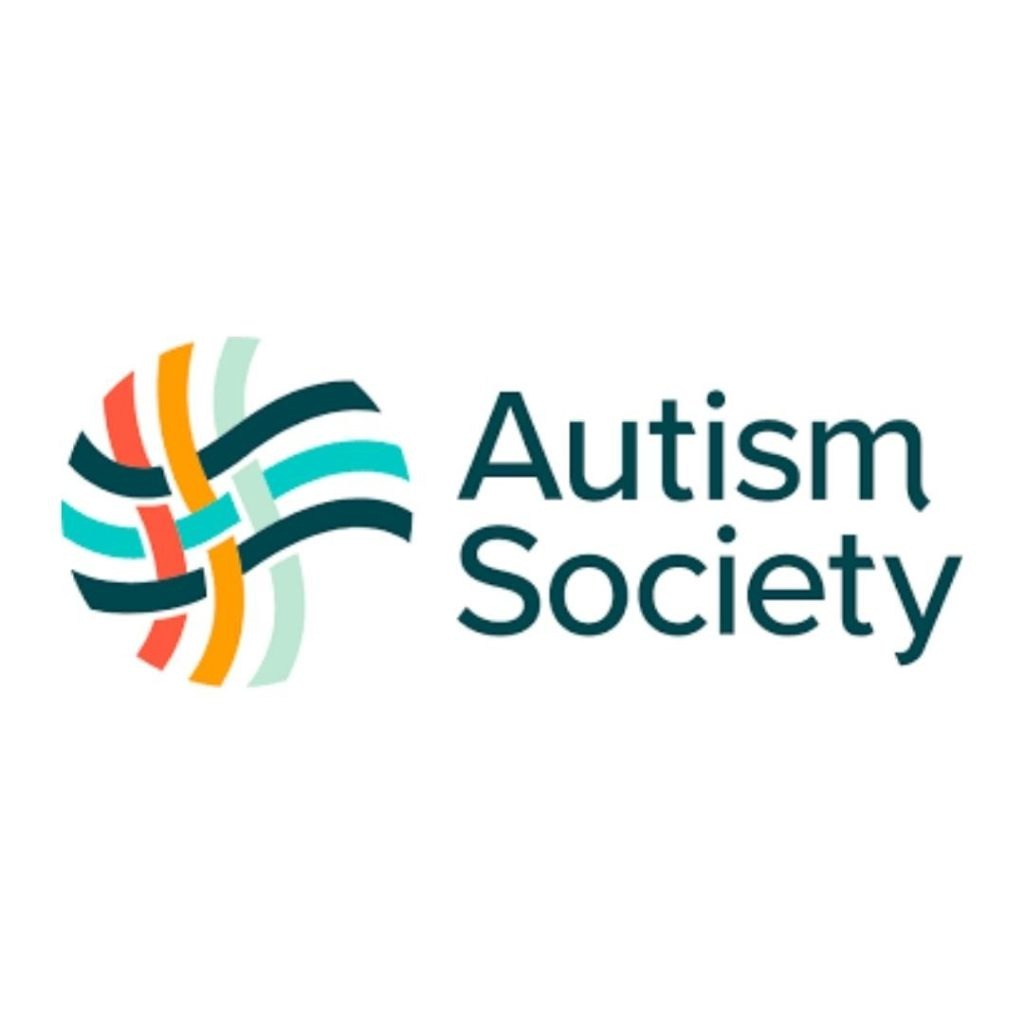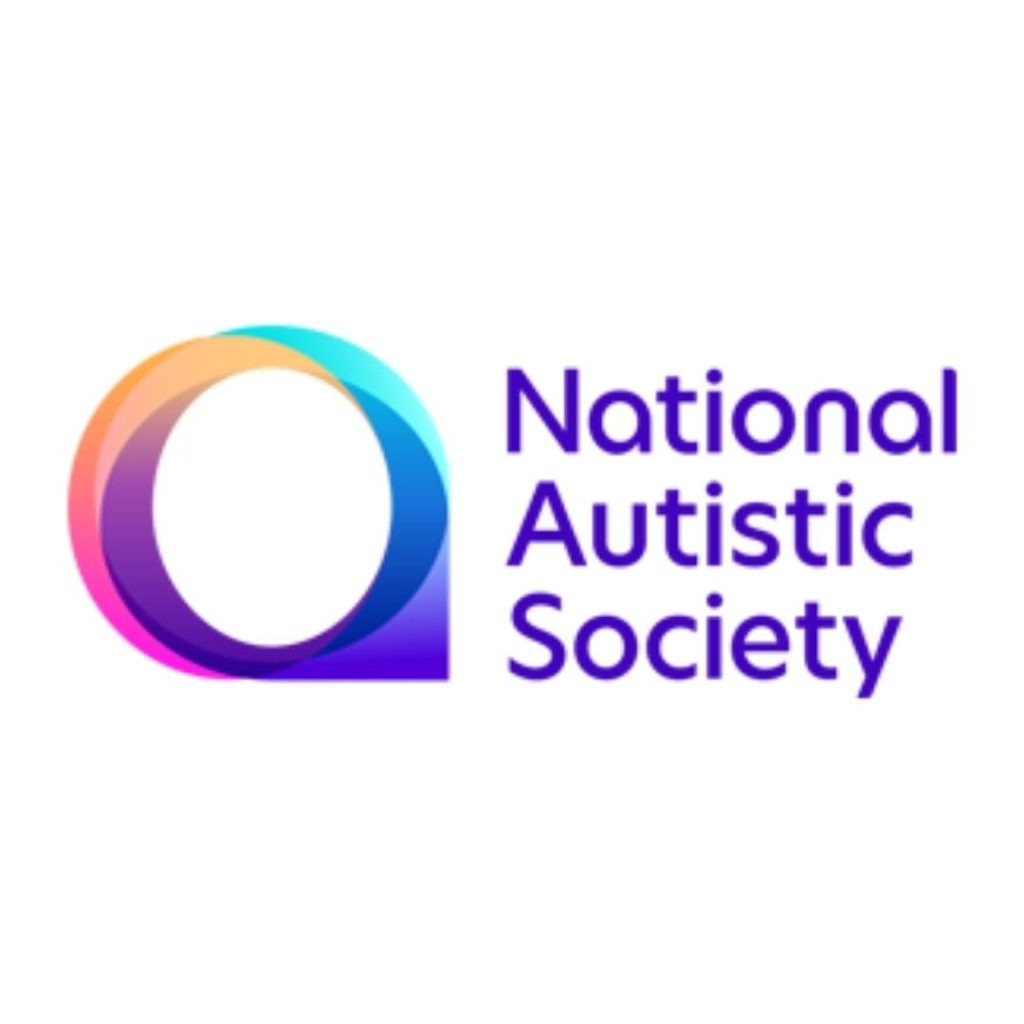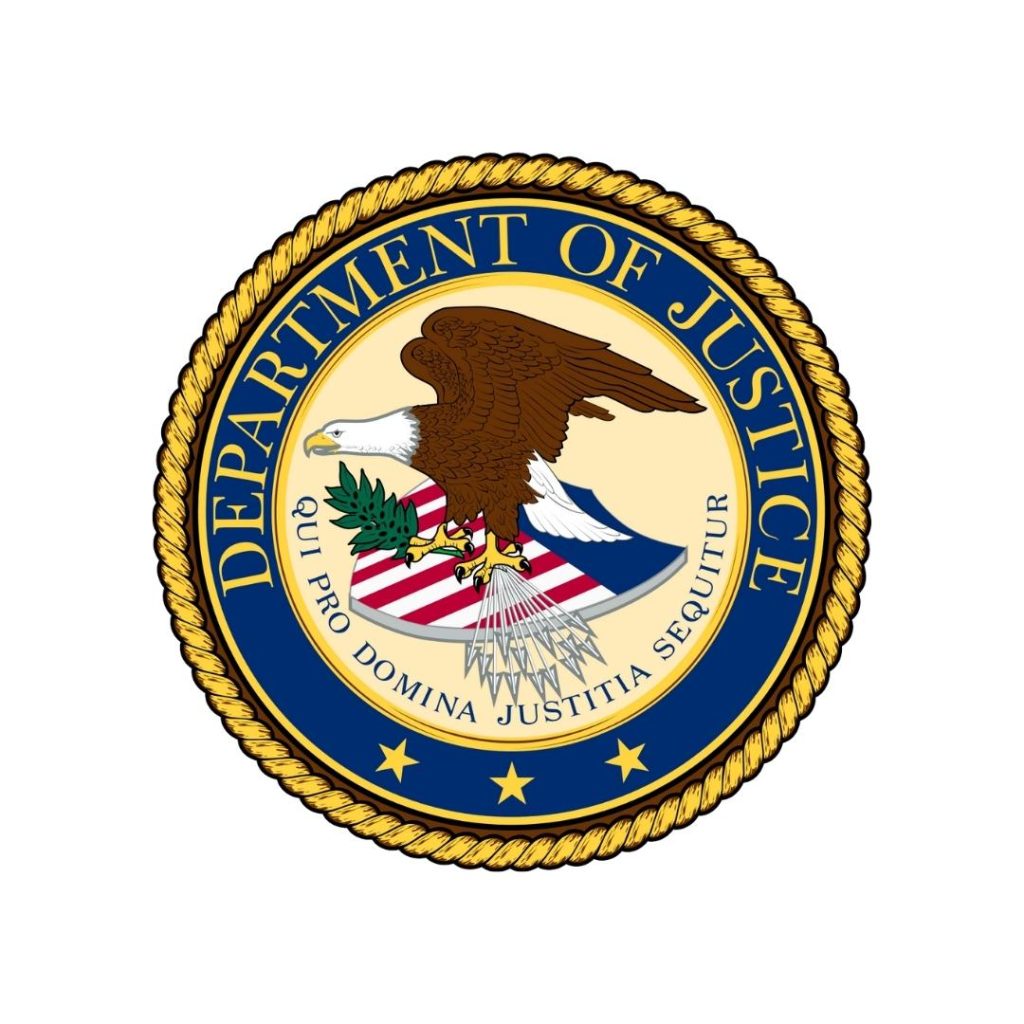July 15, 2019
by Katherine Breward, The Conversation

Companies seek a competitive edge by hiring talented people, yet many capable workers are overlooked because they have autism.
People with autism are unemployed at disproportionate levels. As a result, companies are missing out on employees able to make valuable contributions. And society at large is affected since the situation creates inequities and financial dependence.
So why is it happening? Largely because autism is poorly understood and managers are ill-informed about how to accommodate affected workers.
Fortunately, recent research has provided us with many strategies to make workplaces more inclusive.
The diverse ways autism presents
Autism is a developmental disorder that people are born with. It is a spectrum disorder since it encompasses a wide range of symptoms and abilities. Each individual with autism is unique, and the way their condition presents itself varies.
Common symptoms include trouble “reading” social/emotional cues and difficulties with conventional language and communication skills. Some autistic people are non-verbal and use assistive technologies, making it important to remember that being non-verbal does not mean being incapable.
Another common symptom is repetitive thoughts or behaviors, including “stimming.” Stimming may include hand flapping, rocking, etc. It’s a reaction to being overwhelmed by a situation or by everyday stimuli.
Stimming helps people cope by focusing intensely on a specific sensation or behavior. People who stim report that they find it embarrassing but critical in order to calm themselves. As such, the lack of social acceptability of stimming can be a greater workplace problem than the activity itself.
Lack of empathy is frequently cited as an autistic trait. This characterization is disputed by the autism community and by evidence from psychologists.
Both suggest that some people with autism may suffer from excessive levels of empathy that overwhelm, but the way they express it is not well-recognized. Other traits associated with autism include the ability to focus intensively, persistence and high detail orientation.
Unspoken social etiquette can be a mystery
Many barriers experienced by workers with autism relate to social/communication difficulties and are affected by how they behave but also how others perceive them.
For example, people with autism are often accused of lacking in emotion. They do experience emotions, but tend to express them in ways that are not readily recognized. Socially, they may dominate conversations while focusing on narrow interests, have difficulty understanding variations in tone and reading body language and facial expressions, and they may take things inappropriately literally.
Many find eye contact overwhelming, leading to avoidance that is mistaken for being anti-social.
Norms can be difficult for people with autism to perceive. The unspoken social etiquette that everyone is expected to instinctively know may be a mystery, negatively impacting job performance when expectations are not clearly communicated.
Change can also be anxiety-inducing and lead to challenging behaviors if it happens unexpectedly. Heightened sensitivity to stimuli such as smells and sounds can lead to reactions that seem extreme. A lack of understanding of those reactions often leads to those with autism being labeled “difficult,” and those labels create additional problems.
Accommodation strategies for employers
Many people with autism are able to focus intensively. If a topic interests them, they will spent large amounts of time developing expertise. Attention to detail, combined with heightened pattern recognition skills, are also common traits, leading many autistic people to become technical experts in their fields.
Some people with autism enjoy repetitive routines and can tolerate work that others find monotonous. Others are creative, able to visualize solutions to complex problems and develop unique insights. People with autism are also known for being forthright and are less likely to engage in toxic political behaviors.
There are many accommodation strategies workplaces can adopt for employees with autism. Here are some:
1. Reduce workplace stimuli
There are many ways to reduce unnecessary stimuli at work. I’m providing some examples but this should not be considered an exhaustive list. Solutions are limited only by one’s creativity.
Physical blocking of work spaces can reduce distractions. Examples include providing private offices or cubicles that face a corner. Whenever possible, LEDs should replace noisy and intense fluorescent lights. Noise-cancelling headphones can also be used, although some people will not be able to tolerate the sensation.
Similarly, uniforms can be a problem if the fabric is itchy, collars are tight or there are tags that irritate. Wardrobe flexibility may be needed.
Moving beyond the physical, minimizing interruptions can also help. You could encourage the use of e-mail instead of phone calls and ask people to use meeting rooms instead of hallways for conversations lasting more than a couple of minutes. Co-workers could be asked to schedule chats instead of “popping in.”
Regardless of your efforts, workplaces may still overwhelm sometimes. A “quiet room can be very beneficial.” They are darkened rooms in a low-traffic places containing comfortable furniture and a minimum of other sources of stimulation. Spending time in a quiet room helps people with autism cope when overwhelmed, and non-autistic workers also report psychological benefits from quiet spaces.
2. Create a culture of clear communication
The communication and social difficulties experienced by people with autism are heavily intertwined. And so resolving communication issues will also help with social difficulties.
First, make unspoken norms explicit. Managers should be trained to provide detailed instructions in writing and avoid ambiguity in task assignments. Things that may seem obvious, such as how to prioritize assignments, should be explicitly explained.
Performance criteria should be clearly outlined and employees should be capable of monitoring their progress. It is worth noting that these steps help all workers, and represent documented best workplace practices.
Workers with autism report that their ability to communicate is increased when they are able to see questions in advance, when people avoid jumping between multiple topics and when their intent is not judged by eye contact or having the “right” facial expression.
3. Offer social and emotional coaching
Even with the supports already outlined, workers with autism may find the social and emotional behaviors of others mystifying. A coach can be helpful. That mentor could be a trained co-worker or an outside expert. Co-workers may also benefit from receiving information to increase understanding.
These are all simple steps that can help employers leverage the large group of under-utilized workers with autism in the labor pool.
Many of these accommodations could help all workers and represent good business practice. Accommodating autism, therefore, has the potential to make our workplaces more just and productive for all.













